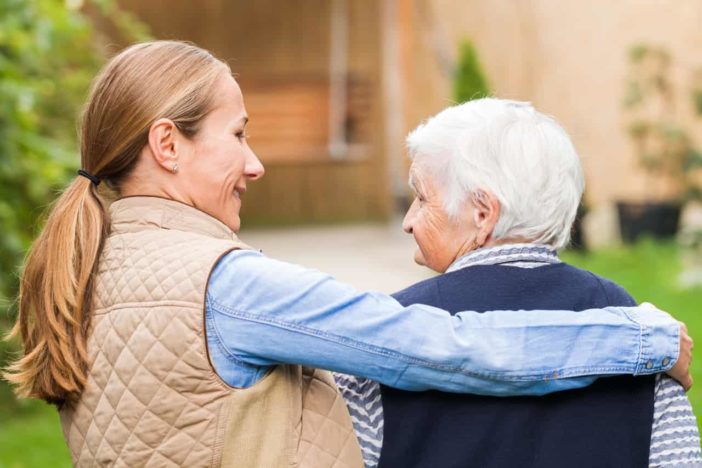At some point, older adults are vulnerable to physical and mental challenges as they age. At some point, they will no longer be capable of doing most of the things they used to; specific conditions may cloud their judgments.
As such, seniors can be susceptible to fraud and abuse. Without safeguards to protect aging loved ones, just about anyone can steal their properties, most notably cash and other assets, right under their noses.
Don’t let scammers get the best out of your elderly loved ones. Besides ensuring physical well-being, protect their finances with the following safety tips.
Is Financial Exploitation Common Among The Elderly?
Elderly financial abuse can take many forms—identity theft, unauthorized use of credit cards, investment scams, and so on. Up to USD2.6 billion are lost in financial abuse annually, and only one in 44 cases of financial abuse reported.
6 Elderly Safety Tips To Protect Money And Assets
Keep these elderly safety tips in mind to protect your loved one from financial problems:
1. Urge Your Loved One To Plan Ahead
As with most problems in life, prevention is always better than cure. As early as possible, encourage your aging loved ones to engage in legacy planning as soon as they retire from work, or maybe even earlier.
Legacy planning is essential in ensuring a proper turnover of an aging person’s assets and properties to the next of kin or trusted heirs. Legacy planning is likewise necessary to ensure that the trusted family members manage the estate according to the will.
The planning typically involves the help of a financial advisor, who’ll set a family meeting to discuss how the estate will be divided or handled. Additionally, with senior housing finance options on the rise, it’s best to select an assisted living facility for the elderly in advance.
Related: Guide to Starting a Senior Living Facility or Assisted Living Facility for Entrepreneurs
2. Create A Power Of Attorney
If the family or the elderly appoints you as the primary caregiver or family representative, formalize the action by asking a lawyer to draft a power of attorney. This legal document allows you to make decisions on behalf of your elderly parents when they no longer have the capacity to do so.
This document is beneficial in protecting your loved ones from potential exploitation by banks and other financial agencies involved in keeping assets, refinancing mortgages, filing taxes, cashing in checks, and managing valuable accounts held by seniors.
3. Keep Assets In A Trust
Establishing trust is one of the basic strategies in protecting any asset. In this transaction, the one originating the request, called a trustor or grantor, transfers specific assets to another entity or person called the trustee, who keeps these assets safe on behalf of another person or the beneficiary. The elderly can transfer their assets to a trust, often with lawyers acting as the trustee.
Trust should not be mistaken as a will—which outlines how the deceased wishes their properties to be managed when they pass away. Check this to know the differences between a will and a trust.

4. Pay Off Debts And Automate Bills Payments
One of the telltale signs that your aging parents may no longer be able to handle their finances is the presence of disconnection notices. Remember that the elderly should never have to deal with utility cuts or interruptions for their safety and well-being. Consider having recurrent bills withdrawn from the bank account automatically.
If you’re the primary caregiver, you’d need to cite all the financial obligations your parents will have to pay every month in a power of attorney.
5. Spot Scams Like A Pro
There are rising cases of phone and online scams preying on both the elderly and middle-aged individuals. These include fraudsters con artists pretending to be bank representatives and asking for personal details in exchange for discounts and rebates. In some cases, these scammers pretend to be from the Internal Revenue Service (IRS), asking for money from the elderly so the agency can drop a tax case.
Please don’t fall for these tricks and ask your senior relative not to give away their financial details or send money to strangers.
6. Report Suspicious Acts Right Away
If you’re concerned about an elderly’s safety, especially in a care facility, share your concerns with the management right away. If no action, get in touch with National Pension Scheme Authority (NAPSA) or local agencies for assistance.
If it has to do with financial abuse, contact the concerned financial institution to seek help. Also, report to the police for proper investigation procedures. Do these things as soon as possible to prevent significant problems.
Final Thoughts
Looking after the welfare of a senior loved one means exercising care in ensuring their physical and financial security. Because of the seniors’ vulnerabilities, they’re often victims of abusive scammers and fraudsters who want to take advantage of the situation. Protect and support your aging loved ones by following the safety tips mentioned in this article.





